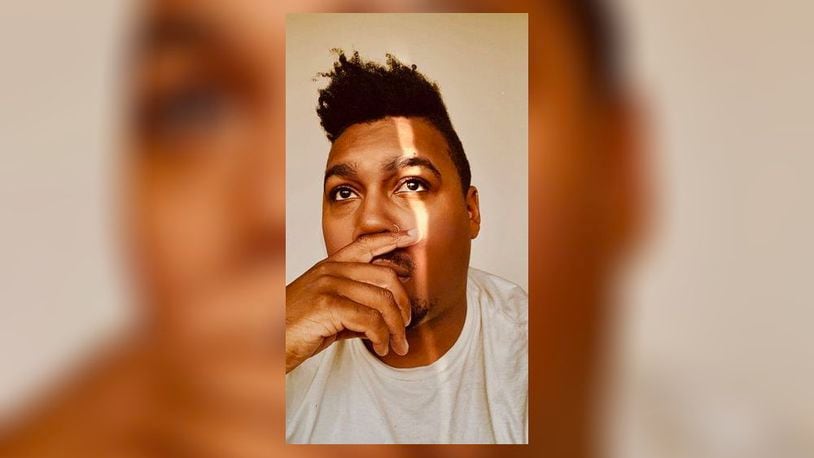This idea of coming into age and “coming into self” inspired Jones’ 2019 award-winning memoir, “How We Fight For Our Lives.” It is a documentation of his life which also explores the difficulties of living and of living alongside each other. He was particularly struck by his relationship with his mother growing up. Being raised by a single mom with two jobs and health issues, Jones often experienced “silences or an erasure of warmth” that weren’t conducive for conversations about his sexuality.
“I realized with (my) book, I had an opportunity to tell my story, but also to reflect on how I lived and grew and changed in relation to other people who obviously were fighting for their lives too,” Jones said.
Jones, born in Memphis and raised in Lewisville, Texas, began writing his latest book, a collection of poems called “Alive at the End of the World,” two years after his mother died. As he continued to work on the collection, he watched as a global pandemic unfolded and upended lives. It also gave him a chance to reflect on grief.
“When my mom died, I was able to spend time with her in the hospital,” he said. “I was able to say goodbye. We were able to have a traditional funeral and come together as a family.”
He realized people who lost loved ones during the pandemic didn’t have those rituals that “ease themselves into the journey of grief.”
“Alive at the End of the World” examines apocalyptic themes of life and grief, but also what Jones calls the “afterlife of grief.” He admitted Americans aren’t very good at grieving and just want to move on from tragedy quickly. The book was recently named an Anisfield-Wolf Book Award winner, which recognizes books that explores diversity and confronts racism.
With people developing chronic illnesses from COVID and losing loved ones, he said we are beginning to see the “fracture lines” in society that are developing out of the pandemic. Jones equated it to looking out the window to a beautiful day, throwing on a T-shirt and shorts and heading outside to find that its cold out.
“Everything’s sunny, but it doesn’t feel warm,” Jones said.
In lecture for The Co’s “Conversations” series, Jones wants to dive into why people struggle to have conversations around challenging feelings including grief, loss and hurt. Jones said he questions where those feelings go and what they transform into.
“I really do believe energy can’t be created or destroyed — it’s a basic law of physics,” he said. “I also think that’s true for people.”
HOW TO GO
What: Saeed Jones’ “Conversations” lecture for The Contemporary Dayton
When: Thursday, April 13 beginning at 6 p.m.
Where: The Tank inside the Dayton Arcade, 35 W. 4th St.
Cost: Free for all ages but registration is required
More Information and registration: https://codayton.org/conversations/
About the Author
